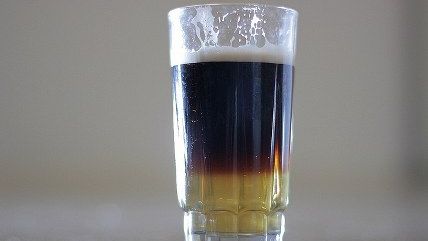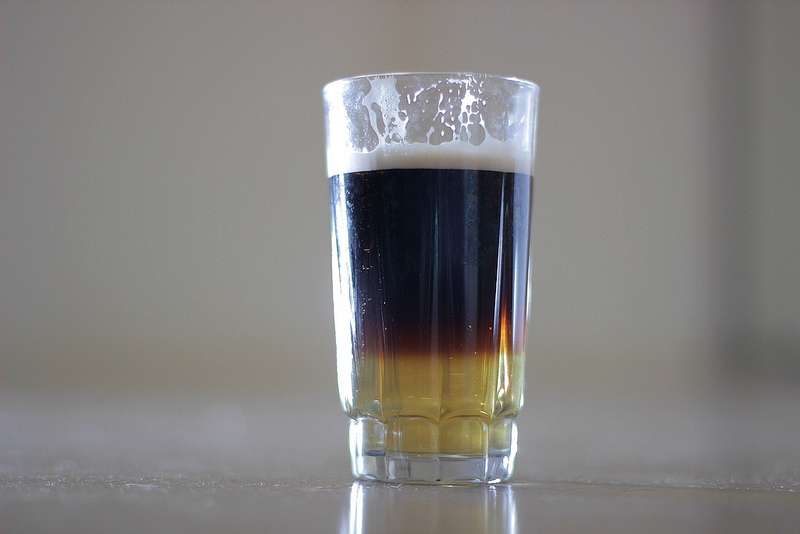Germany's 500-Year-Old Beer Purity Law Needs to Go
A new study shows Germany's Reinheitsgebot is turning off younger drinkers and driving them to non-German beers.


Germany's Reinheitsgebot, the umbrella term used to describe the country's fabled beer-purity laws, is celebrating its 500th birthday this year.
Among other things, the 1516 law famously requires that beer made in Germany only contain three ingredients: water, barley, and hops. (Yeast, unknown in 1516, was only added to the list of permissible ingredients in 1993.)
The law, intended in large part to prevent fraud and adulteration, has survived since the Middle Ages. It is literally medieval.
Many German brewers take pride in the rules. But the Reinheitsgebot has come under increasing attack in recent years for being an outdated weight on German beer.
Some German brewers have fought the rules. A 2005 court challenge allowed a German brewer to "continue adding sugar syrup to its dark brew and still call it 'beer.'"
Why is sugar syrup permissible? It appears to be the case that the sugar is added after brewing and so is not part of the brewing process. Arbitrary? You bet. But it's not as if the rules always make sense. Enforcement of some facets of the Reinheitsgebot has sometimes appeared as arbitrary as the law itself.
"Inspectors tested the quality of beer by pouring the drink on top of a stool and sitting down," notes a 1988 article in the Northwestern Journal of International Law & Business, discussing enforcement during the Middle Ages. "The quality of the beer was measured by the degree to which the beer caused the inspector's leather pants to stick to the stool."
Slightly more modern science is also showing, increasingly, how the law has turned off German consumers.
A new study recently added new evidence in support of the law's negative impacts. The study, conducted by a German market research firm, K&A BrandResearch, found that the law, coupled with the freedom enjoyed by brewers outside the country in places like America, with its thriving and innovative craft beer movement, is helping push younger German drinkers away from domestic beer and toward imports. The study concluded younger drinkers find German beer laws to be "increasingly irrelevant." They're fleeing to, among other drinks, those made by American craft brewers.
Plenty of American craft beers appear to comport with the Reinheitsgebot rules.
But plenty don't. Often proudly so. For example, the fine folks at Dogfish Head, the award-winning Delaware brewery, are no fans of the Reinheitsgebot. They proudly declare they've been "thumbing our noses at the Reinheitsgebot" for more than 20 years.
"We experimented with whatever ingredients we found in our brewpub pantry, things like chicory, licorice root, maple syrup, honey, pumpkin, raisins and brown sugar," notes the brewery. "People called us freaks, but we loved those full-flavored beers and so did our customers, so we stuck to our guns."
Rules saying a food may only be made in a particular fashion often claim to uphold tradition. But, as Dogfish Head notes, such rules are often wrong about tradition.
The brewer points out that it's the German law itself, rather than adding berries or pumpkins to beer, that bucked tradition. Dogfish Head points to beers thousands of years older than the Reinheitsgebot that contain ingredients like chicory and honey.
Some German brewers also point out this fact.
"Why shouldn't I include coriander or berries if they improve the taste?" asks German brewer Johannes Heidenpeter.
Germans must choose. Younger beer drinkers are fed up with the Reinheitsgebot. Either the law will continue to slowly obsolete German beer, or Germans will abolish the law.


Show Comments (71)